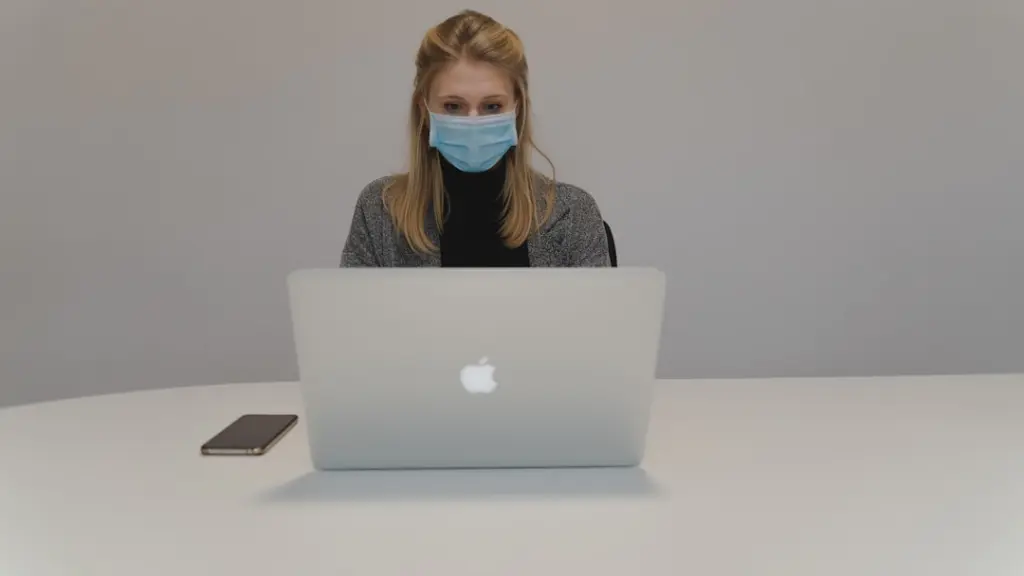The Health Insurance Portability and Accountability Act (HIPAA) set the standard for sensitive patient data protection. Entities handling healthcare information must take steps to ensure the confidentiality, integrity, and security of medical records. Secure cloud faxing plays a crucial role in this process by offering a modern solution to the transmission of healthcare data that complies with HIPAA regulations. Understanding how secure cloud faxing aligns with these standards is vital for healthcare organizations seeking efficient and compliant communication methods. Below, we’ll dive into the nuances of HIPAA-compliant cloud faxing services and how they maintain the security of healthcare data.
Understanding HIPAA Compliant Cloud Faxing Services
Secure HIPAA fax services like InterFAX help healthcare organizations transmit medical documents safely by using encryption, secure networks, and strict access controls. These tools eliminate the risks tied to traditional faxing and ensure only authorized staff can access sensitive patient information. With built-in redundancy and disaster recovery, providers can maintain data integrity even during system failures or emergencies.
In addition to strong security, HIPAA-compliant cloud faxing includes audit trails and detailed logs to track every document’s journey. This is vital for compliance audits, offering timestamps, user activity, and access records. Seamless integration with EHR systems also makes it easier for medical staff to manage patient data efficiently without disrupting workflows.
The Significance of Security in Cloud Faxing for Healthcare Data
The healthcare sector is a major target for cyberattacks due to the sensitivity of patient data. Secure cloud faxing helps mitigate this risk by using advanced encryption protocols to protect data both in transit and at rest. These systems also rely on strong access controls, including multi-factor authentication and secure user verification, to restrict fax access to authorized personnel.
With healthcare data breaches on the rise, continuous security updates and compliance monitoring are essential. Leading cloud faxing providers stay ahead of evolving threats by deploying timely patches and updates. They also comply with strict regulations and undergo third-party audits to ensure their security measures meet current industry standards.
How Secure Cloud Faxing Works to Protect Sensitive Information
Secure cloud faxing protects information from the moment it leaves the sender’s device, starting with encryption before it exits the internal network. The data travels securely to the provider’s servers, where it remains encrypted at rest and is only delivered after authentication.
These servers are protected by advanced physical and digital safeguards, similar to those used by banks and government agencies. Built-in redundancy ensures service continuity, activating backups if the primary server fails. To reduce risks from human error, providers offer features like automatic log-offs and unusual activity alerts. These security layers support HIPAA compliance and protect electronic protected health information (ePHI) during every stage of transmission.
Best Practices for Maintaining HIPAA Compliance with Cloud Faxing

To maintain HIPAA compliance when using cloud faxing in healthcare, organizations should begin with thorough risk assessments to identify vulnerabilities in their faxing processes. Choosing a provider that guarantees compliance and clearly defines its role in protecting electronic protected health information (ePHI) is essential. Staff must receive ongoing training on secure faxing procedures and recognizing potential security threats.
Establishing and enforcing clear policies that govern ePHI handling, including access controls, usage guidelines, and breach response protocols, is also critical. Implementing a HIPAA-compliant fax service with strong user authentication helps minimize unauthorized access, as these systems typically require multi-layered verification before sensitive data can be viewed or transmitted.
Navigating HIPAA Regulations: Ensuring Cloud Fax Services Meet Standards
Navigating HIPAA regulations is essential when adopting cloud faxing in healthcare. Organizations must ensure their provider signs a Business Associate Agreement (BAA) and complies with all HIPAA requirements to protect electronic protected health information (ePHI). Proper due diligence includes reviewing the provider’s compliance certifications, security features, and liability terms in the event of a breach.
Staying current with HIPAA updates is vital, as regulations shift and providers must adapt to remain compliant. Regular legal reviews and updates help maintain this alignment. While HIPAA-compliant cloud faxing can enhance efficiency and reduce costs, healthcare organizations should prioritize working with providers who specialize in the industry’s specific compliance needs.
Overall, secure cloud faxing offers healthcare organizations a powerful tool for managing and transmitting ePHI in compliance with HIPAA regulations. With a deep understanding of the technology, diligent implementation of best practices, and consistent monitoring for regulatory changes, these organizations can not only maintain the highest levels of data security but also improve the efficiency and reliability of their communication systems. By prioritizing HIPAA compliance in every aspect of cloud faxing, the healthcare industry can continue to protect patient privacy and maintain public trust in an ever-evolving digital landscape.
Also Read-How Primary Care Doctors Coordinate Your Healthcare Journey